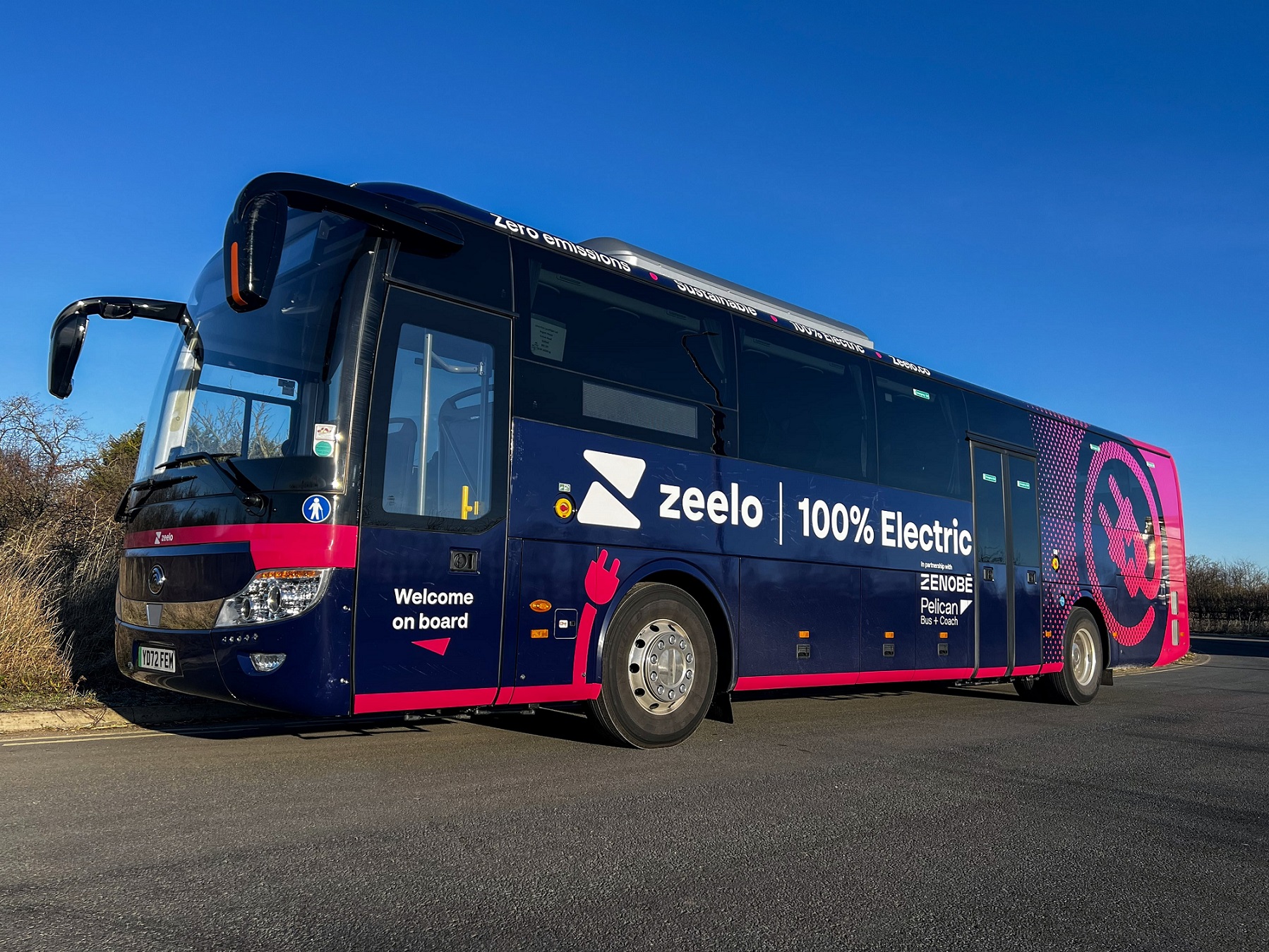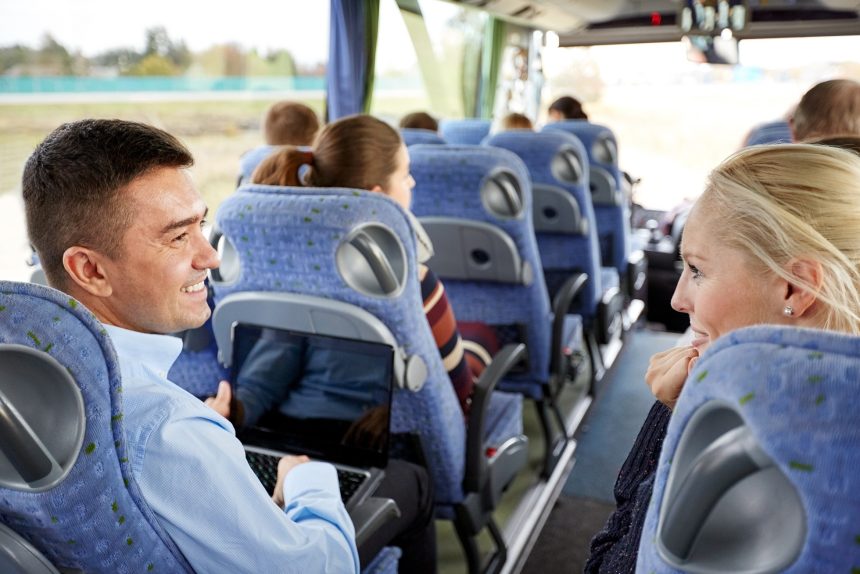An area of success for the industry since 2019 has been home-to-work services. Those capture clients’ employees in logistics and warehousing roles, and others that are desk-based. As return to office policies sit alongside a wider competitive recruitment landscape, demand in both areas is growing.
That is the word from Zeelo, which specialises in customised staff and home-to-education transport. The latter part of its business expanded earlier this year via the acquisition of Kura, which majors on that work in the school and college sector. The combined organisation is thus in a good place to build further during 2024, says CEO Sam Ryan.
Across its global portfolio, which includes the United States, Zeelo is on course for organic growth of 60% this year. UK expansion will be slightly behind that, but Sam notes that further bolt-on acquisitions are also being explored.
Growth trajectory for combined Zeelo and Kura business
Zeelo’s work here is split equally between employment and education. The latter focuses on private schools and colleges. The growth trajectory across both overarching business areas is similar. Chief Commercial Officer Barney Williams attributes that to rising awareness among clients and increasing recognition of the environmental benefits of shared transport.
What does that mean for operator partners? Several things, says Sam. As a foundation, more from-scratch services mean more work for the industry. But as Zeelo’s client list evolves, its scope of requirements does the same.
Hybrid working means that a corporate customer may want a service across the working week, but with a smaller vehicle on Mondays and Fridays, as an example. Bringing together the partner lists of Zeelo and Kura also offers opportunities.

“Using technology and data, and considering return on investment, we show businesses where it is worth them introducing corporate services in a different way,” Sam explains. In locations that are poorly served by bus routes, companies have come to see shared transport as part of the employment offering, he continues.
“There is a step change in businesses taking responsibility for that aspect of their benefits package. It is an important consideration for them.” Around half of Zeelo’s corporate clients provide that transport to employees free of charge.
The supplier’s goal is for those services to be ‘solid state’, but Barney notes that a test and learn approach often leads to fine-tuning within 90 days of commencement. Work also includes frequent shuttles, such as to and from transport nodes, in addition to services around fixed shift times.
“When we speak to companies, we look at the programme design,” he explains. “We use route optimisation software and examine where employees live and their shift patterns. That delivers a mix of home-to-work routes. Those might also connect with public transport or a park-and-ride location.”
Education take-up acceleration likely, leaders believe
Acquisition of Kura bolsters Zeelo’s position in a maturing education market. Awareness of managed shared transport among private schools and colleges is high and the combined business is the UK leader there, Sam notes.
“One of our motivations [in buying Kura] was to help level out the market,” he continues. An excess of supply to clients pressurises prices, which could knock on to quality. “We want to maintain rates. That means operators get paid the right amount.”

Assisting that is how the educational establishments that Zeelo and Kura work with are willing to pay an appropriate rate for a quality service, he continues. Barney and Sam believe that there is scope for continuing strong growth in that sphere. Across all suppliers, market adoption is above 5%. Statistics show that passing such a threshold means that take-up then starts to accelerate quickly.
Kura and Zeelo education services currently remain separate, with no operational or staffing changes post-purchase. A review will follow later, but Kura’s charter division is being expanded to Zeelo clients in what Sam describes as “another benefit of the acquisition.”
Work with operators ongoing for both Kura and Zeelo
On recruiting operator partners, Zeelo sees a good ongoing appetite among those businesses. Blue-collar commuter services around warehouse shifts can often be worked by existing vehicles.
Operator development also relates to decarbonisation. Zeelo is committed to a net-zero carbon UK fleet by 2030. Take-up – and awareness – of zero-emission vehicles by operator partners and clients is growing, helped by earlier trials of the Yutong TCe12 battery-electric coach that led to some orders for the type.
Zero-emission “is still on a small scale,” acknowledges Sam, who equally accepts that there are positives and difficulties around its adoption. Charging is a bigger challenge than the vehicle argument, he adds. Shared infrastructure is thus advocated by Zeelo. Even so, the additional cost of contracted zero-emission operation is a further hurdle.
“All clients want zero-emission, but they are not always sure about paying for it yet,” he continues. “The second half of the decade will become easier, and we are putting a lot of effort into educating the market. But we have noticed that they are increasingly asking about zero-emission. That alone is a big change.”



























